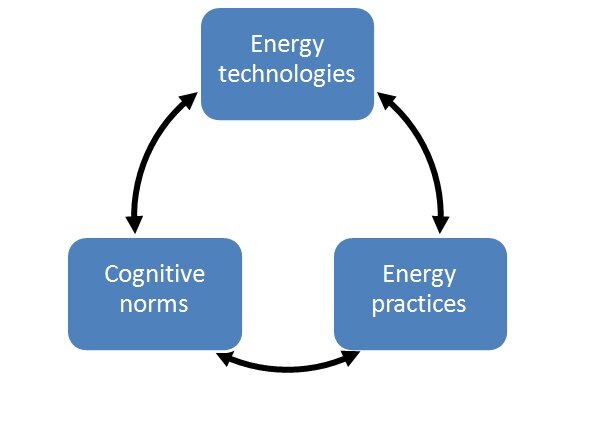|
Energy Cultures - Energy Efficiency in Households |
|
| Funding Bodies | Ministry of Science & Innovation (MSI), Energy Efficiency & Conservation Authority (EECA), Mercury Energy |
| Total Contract Value | $1.050,000 |
| Start Date | October 2009 |
|
End Date |
September 2012 |
|
Science Leaders |
Dr Janet Stephenson (CSAFE), Professor Rob Lawson (Department of Marketing) |
| Key Researchers | Professor Barry Barton (Faculty ofLaw, University of Waikato), Emeritus Professor Gerry Carrington (Department of Physics), Dr Paul Thorsnes (Department of Economics), Dr Rebecca Ford (Department of Marketing), Dr John Williams (Department of Marketing) |
| Project Co-ordinator | Dr Stephanie Rotarangi |
Project Summary
The Energy Cultures project is now in its third and final year. This year, the project is focusing on developing a set of policy recommendations to improve home energy efficiency in New Zealand.
Energy Cultures researchers are also refining analysis of the data collected during the first two years of the project, and using the results to develop tailored intervention tools to improve energy efficiency in the home.
Overview
Energy Cultures is a three-year-long, MSI-funded project. The project aims to develop a better understanding of what drives household energy usage in New Zealand, and to achieve more energy-efficient behaviours through improved policy intervention.
The project is interdisciplinary; the research team draws on backgrounds in the social sciences, the physical sciences, economics, marketing, and law.
The novel ?Energy Cultures? conceptual framework underpins the research. This proposes that energy behaviour can be understood as the interactions between a household?s energy technologies (appliances, building materials etc), their energy practices (turning on heaters, drying laundry etc) and their cognitive norms (beliefs, understandings, etc).
The energy cultures research is investigating how these elements influence each other (e.g. how norms influence the acquisition of energy technologies) and how they are influenced by external conditions such as building regulations, advertising, subsidies, efficiency rating schemes and so on. The project also hypothesised that we would discover distinct ?energy cultures? with quite different patterns of energy technologies, practices and cultural norms.

Major achievements to date
1. The Energy Cultures Framework, a theoretical model for understanding the multiple influences on behaviour, has been extremely well received internationally, with approaches from interested researchers in universities and research centres in the UK (Durham, Oxford, Essex, Manchester, Lancaster and University College London), Sweden, Netherlands and USA. Our framework is already being adopted and used elsewhere, notably in research at Durham and Oxford universities.
2. Legal and policy research has identified a number of areas in which NZ has the potential to improve the national context for energy efficiency, notably:
· opportunities to strengthen NZ's legal framework for energy efficiency;
· a lack of continuity and supporting data for the National Energy Efficiency and Conservation Strategies; and
· opportunities to extend Minimum Energy Performance Standards to products that are subject to such standards in comparable countries (e.g. dishwashers, fluorescent lamps, televisions and clothes driers).
3. This research found the link between people?s values and behaviour to be complex, and that values are not consistently related to the same behaviours ? for example, the same value can be associated with both efficient and inefficient behaviour. The way people rationalise their behaviour gives insights into their energy behaviours change, and may be more useful in identifying appropriate policy interventions that target energy efficiency and conservation.
4. Research into people's preferences for different attributes of household heating and hot water heating revealed five clusters across the population (c2500 sample). Only around 15% were most concerned with upfront cost. Around 22% are most concerned with functional reliability. A surprising 25% across both groups had preference for independence from the electricity grid for heating or hot water. The findings have significant implications for business and policy.
5. The research has identified four distinct 'energy culture' clusters across the population (c2500 sample). These cohorts differ in their demographics and material culture (house structure and technologies). However, each group displays similarities in their energy practices and relationship with energy usage. The findings (to be published) have significant implications for developing targeted policy interventions and market responses.
6. Finally the research has identified the key influences on actual changes that householders have made to improve energy efficiency in their homes. These include trustworthy, independent and personally targeted information, actual personal experience of a house with the change, and strong social networks.
Please read our 2011 Research Highlights to learn more about last year's results.
For more information on the Energy Cultures project, click here.
- Energy Cultures (Stephenson & Lawson)
- Energy Cultures II (Stephenson & Lawson)
- Energy Cultures II - Delphi
- GREEN Grid